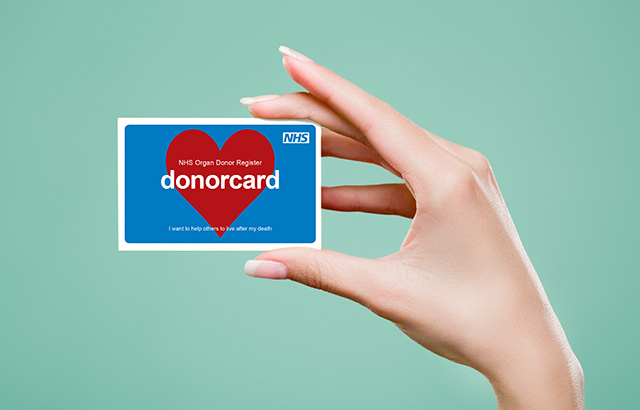World-leading research
Queen Mary is a leading research-intensive university, ranked seventh in the UK by the latest Research Excellence Framework (REF 2021). Our curriculum is underpinned by our staff’s research activity, which makes for exciting, relevant course content.
Below is just one example of the influential research carried out within the Psychology department under the research theme ‘Perception and Decision Making’.
Opt-out organ donation register unlikely to increase number of donations 
An opt-out organ donation register is unlikely to increase the number of donations, according to a study from Queen Mary.
The researchers say donors should actively choose to be on the register by opting-in to ensure they genuinely want to donate their organs and to limit families from refusing the donation of their deceased relatives’ organs.
An opt-out system automatically registers everyone and presumes consent to donate so if you do not want to you must take yourself off the register, whereas an opt-in system requires explicit consent to donate and indicates willingness. However, most organ donation legislative systems, whether opt-in or out, include a clause that allows the final decision to donate to be made by family members.
In three experiments, American and European participants from countries that have either a default opt-in or default opt-out system were presented with a fictional scenario and asked to take on the role of a third party to judge the likelihood that an individual’s ‘true wish’ was to actually donate their organs, given that they were registered to donate.
Overall, regardless of which country the participants came from, they perceived the donor’s underlying preference to donate as stronger under the default opt-in and mandated choice systems as compared to the default opt-out and mandatory donor systems.
Lead author Dr Magda Osman, Reader in Experimental Psychology at Queen Mary, said: “We show it’s harder to judge the underlying wishes of the deceased if they were on an opt-out and mandatory donation register. Why? Because making a free choice indicates what your preference is. If you don't actively choose and you are listed as a donor on the register, then it isn't clear if you really wanted to donate your organs.
“This matters because if, in the event of death, your relatives have to decide what to do, they may veto the organ donation if they can't tell for sure what your underlying wishes were.”